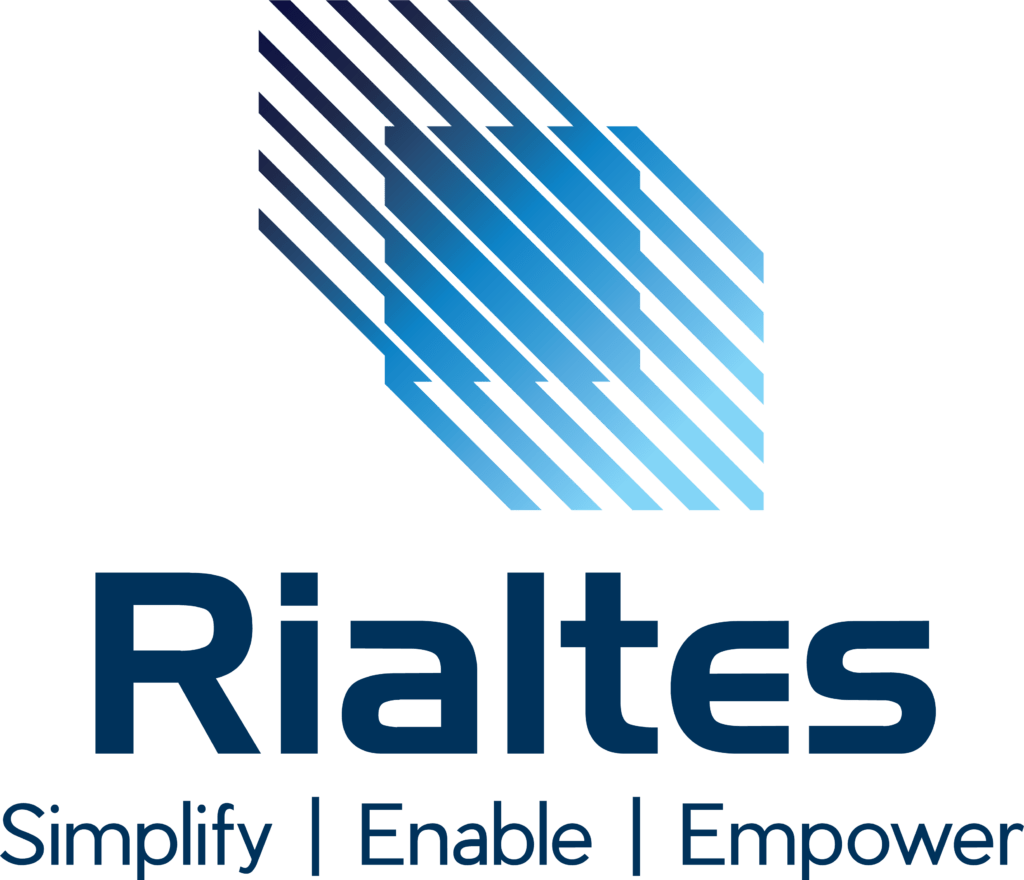In the recent world, property management has become a crucial aspect of the industry, and managing properties is becoming difficult for property managers day by day. Earlier in the day, the entire property management process used to be conducted on paper only. With thousands of excel sheets and paper filing, and huge piles of data to manage, store, and analyze it has made property management monotonous and a tedious task.
With the evolution of the real estate industry automation process came to light to increase the efficiency of the real estate accounting and ERP (enterprise resource planning) system. In this system developing a property management system is the most feasible and effective solution to manage the overall processes. It reduces the time-consuming, manual efforts into automated processes that are time-saving and convenient to integrate.
Evolution of property management system
With the development of cloud technology, the on-paper systems have been sifted to the cloud making the entire process convenient and automating the processes of the real estate industry. It has enabled the on-premise software and services to run on the cloud.
The on-cloud property management system has allowed property managers and property management agencies to manage the properties and have real-time tracking of all aspects of the maintenance and management.
It takes care of the major aspects such as accounting, contracts, agreements, ERP, asset management, fiscal management, digital payments, housekeeping, and maintenance. All these aspects are managed under a property management system.
It has several benefits such as:
- Easy onboarding of clients/tenants
- Easy tracking of maintenance and other issues
- Digital platform for digital payments
- Automated process for convenient user experience
- Provides digital/e-signature
- Paperless transaction
Why develop a property management system development?
A property management solution is efficient for property managers and has also become a necessity in the current scenario. With increasing competition in the market and intensity of the property management increasing, it is crucial to have a defined system. Apart from this, the following are the major benefits or reasons to have a property management system:
- Efficient data storage
It eliminates the need of having tons of papers and documents for the proper management process. Moving online, on-cloud the data storage becomes efficient and convenient. The process of reporting and documenting is easy, and maintaining records is easy. It further provides a traceability feature to keep track of the entire journey of a client.
- Scalability
The product, a property management system, has a potentially wide range of features. You are more likely to add property management system capabilities like tenant screening or revenue management as your company expands. It should be highlighted, however, that only specialized software solutions can scale an online real estate administration system.
- Automation
Any organization can benefit from automation. You and your staff will be able to concentrate on more productive duties, like locating tenants or processing leads, by automating repetitive operations like the same-type responses to tenants, manual property vacancy posts, or billing. Additionally, because the system will handle everything for you, the chance of making a mistake is much decreased.
- Data protection
Customers who rent properties from you entrust their data to your business. You will be held legally liable in the event of a data leak. Building property management software from the ground up is the greatest approach to protecting all of your data. The creation of unique property management software will enable you to centrally store all of your data and protect it with encryption and other security measures.
- Multiple property management
The first and most crucial reason property owners are even considering how to establish a property management system is certainly the challenge of managing many properties at once.
Accounting, reporting, and communication are made easier with real estate management software. An owner’s portal contains all the information.
Developing a property management system
Depending on the size and functionality of the organization the requirements also differ, for one organization one aspect can be extremely important whereas not so much important for another organization. To take care of this differentiation, developing your property management system is recommended, following are the steps to consider while developing the system:
- Analyze your workflow, and consider the breakpoints in the process
- Take a look in the market at the available commercial options
- Consider the specifications required in the product
- Plan out and start the UX development, which is an important phase for real estate because it will require a lot of functionality, intuition, and accessibility eventually
- Manage the complete software development lifecycle for real estate or rental management systems
- Deploy the program, and offer ongoing technical support.
Considering the above-mentioned points while developing a property management system will allow you to create an efficient and effective system managing all your requirements.
Categories of the property management system
The property management system is bifurcated into distinct categories based on the specific industry they are catering to, basic categories of it are listed as:
- Commercial property management system
- Industrial property management system
- Hotel management system
- HOA & Condo management system
Core point of a property management system
- Accounting
- Online payments
- Reporting
- Document management
- Channel management
- Online leases
- Maintenance and request tracking
- Tenant management
These are the core features of a property management system and while developing a new system, these points are to be considered for a better experience and to cater to the basic needs of property management.





